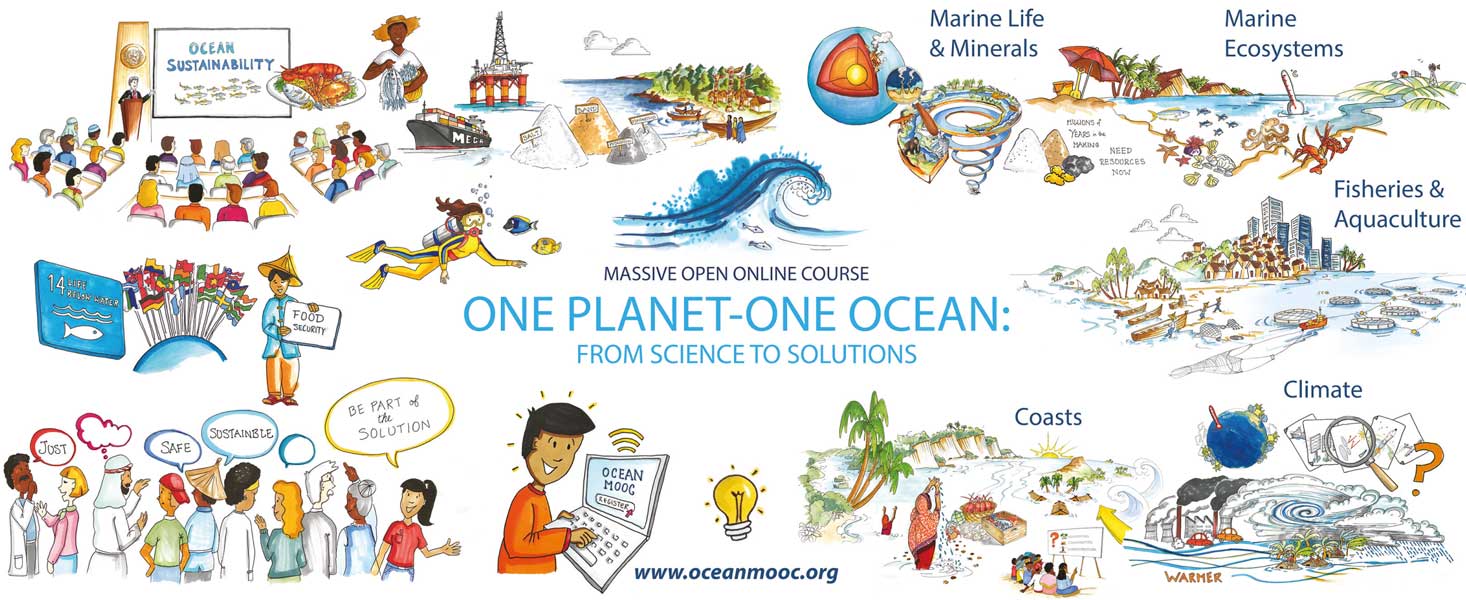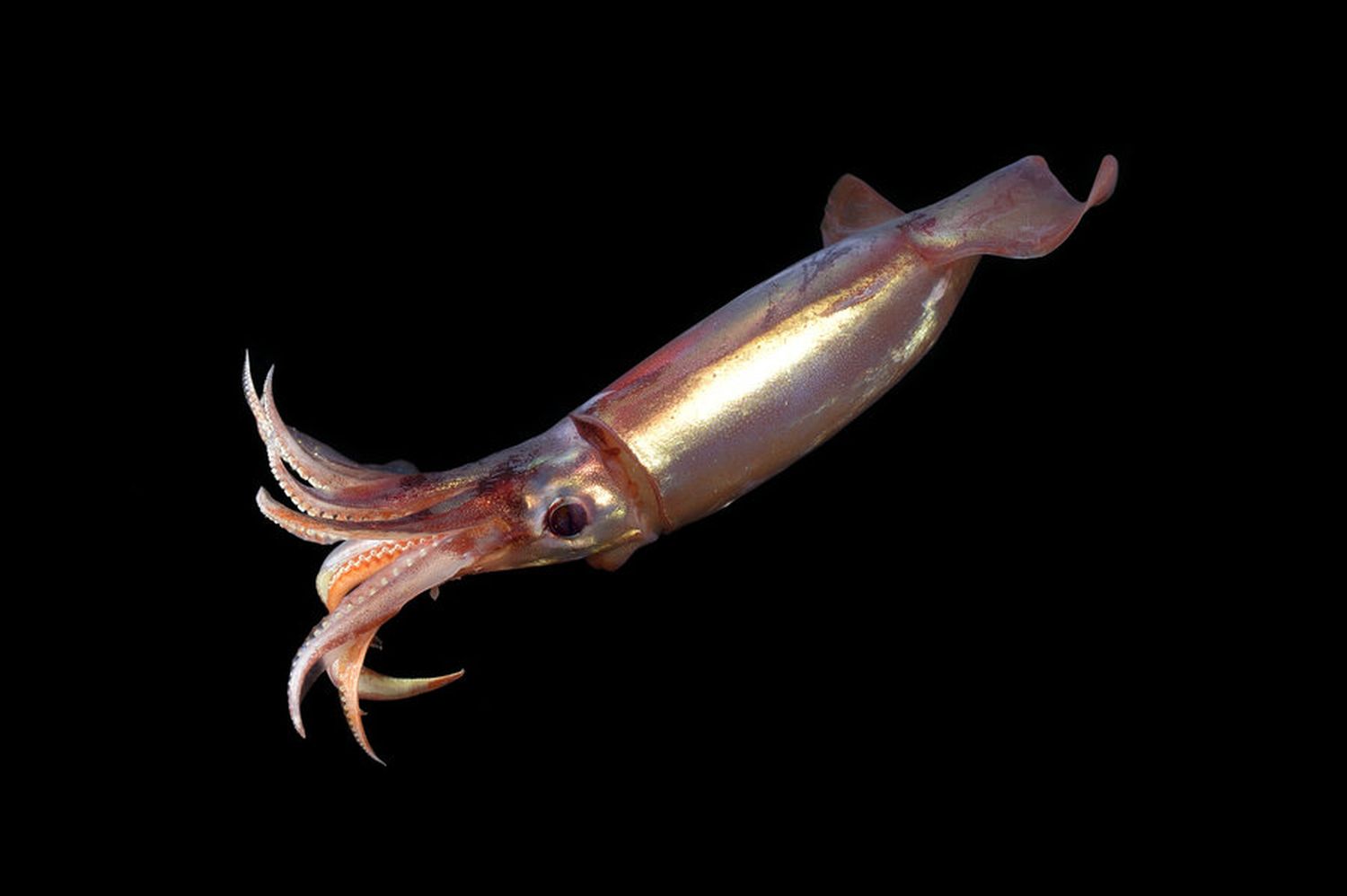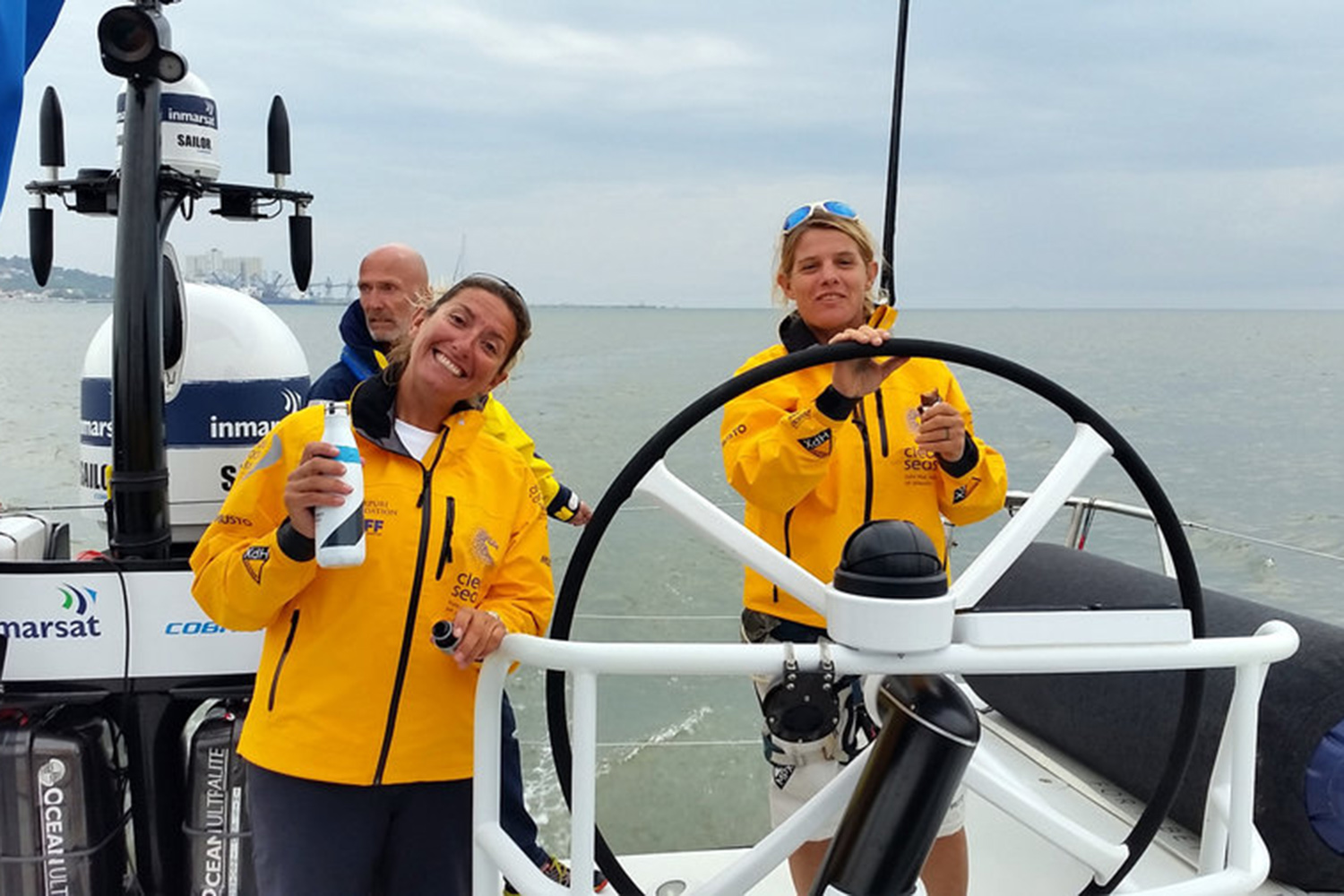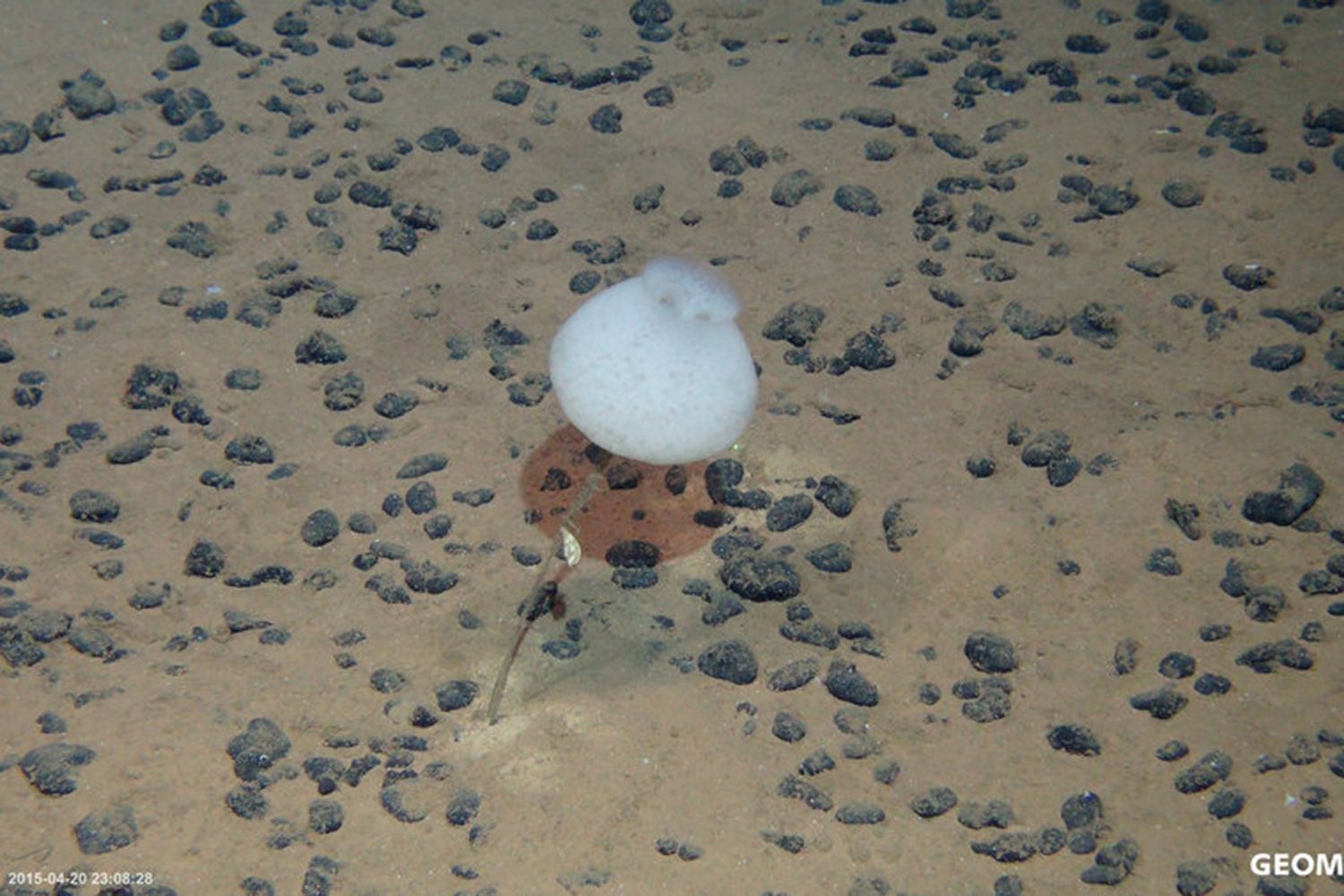Until August, the online lecture series dealing with the urgent challenges concerning the ocean offers elaborately prepared lectures, whiteboard animations and a huge amount of background information about the largest comprehensive ecosystem on Earth.
The MOOC was developed under the leadership of the Kiel Cluster of Excellence "The Future Ocean" and its partners GEOMAR Helmholtz Centre for Ocean Research Kiel, Kiel University and the International Ocean Institute (IOI) under the umbrella of the international SDG Academy. Registration is still possible at any time during the course.
Over a total of six weeks, the Kiel marine scientists from the areas of natural sciences, law and economics as well as philosophy will provide information about the topic areas "marine ecosystems," "coasts," "fisheries and aquaculture," "ocean and climate," "sustainability" and "marine environment and marine resources". The aim of the MOOC is to show the impact of human actions on the ocean and to raise awareness in regard to more sustainable use of the ocean and its resources in the future and to advocate for the preservation of this habitat. The lecture series in English is open to all. Prior knowledge is not required and the course is free of charge. Apart from the transfer of knowledge, there will be regular live chats with the researcher as well as the opportunity to network and exchange ideas with other course participants.
"In-depth knowledge about the problems and chances the ocean presents to humans is the most important basis to advocate for sustainable ocean use. At the moment, our aim – together with many other institutions -increasingly is to reach as many actors worldwide as possible - whether from the public, politics or the business side," says Martin Visbeck, spokesperson for the Cluster of Excellence "The Future Ocean" and physical oceanographer at the GEOMAR Helmholtz Centre for Ocean Research Kiel. "The MOOC is one of our contributions to raising awareness for the ocean within civil society worldwide." "In 2016, we reached over 4000 students, teachers and experts from the marine field, as well as governmental and nongovernmental organizations and interested citizens," explains PD Dr. Avan Antia from the Cluster of Excellence "The Future Ocean" and scientific editor of the course. The course will be supported by seven MOOC scouts from Kiel who will accompany the participants through the lectures, add interviews and integrate and answer questions online as well as in live chats.
At the beginning of June, the 193 member states of the United Nations agreed to preserve and protect the ocean, the largest comprehensive ecosystem of the earth, within the framework of the UN Ocean Conference. During the first conference of this kind, marine scientists from Kiel also emphasized the necessity to implement the UN Sustainable Development Goal 14 in accordance with further Sustainable Development Goals in order to limit the impact of human intervention into the world's oceans. They increasingly advocate science-based solutions for sustainable protection of the oceans within their research agendas. The transfer of research findings to society is of great significance. The recently published Ocean Atlas, presented by the Cluster of Excellence "The Future Ocean" and the Böll Foundation to a large audience from politics, NGOs and the public, contributes to this goal.
Links
www.oceanmooc.org (Registration and information website)
www.unsdsn.org (Sustainable Development Solution Network / SDG Academy)
www.meeresatlas.org (Ocean Atlas)
www.uni-kiel.de (about Kiel University)
www.futureocean.org (about the Cluster of Excellence "The Future Ocean")
www.geomar.de (about the GEOMAR Helmholtz Centre for Ocean Research Kiel)
…



